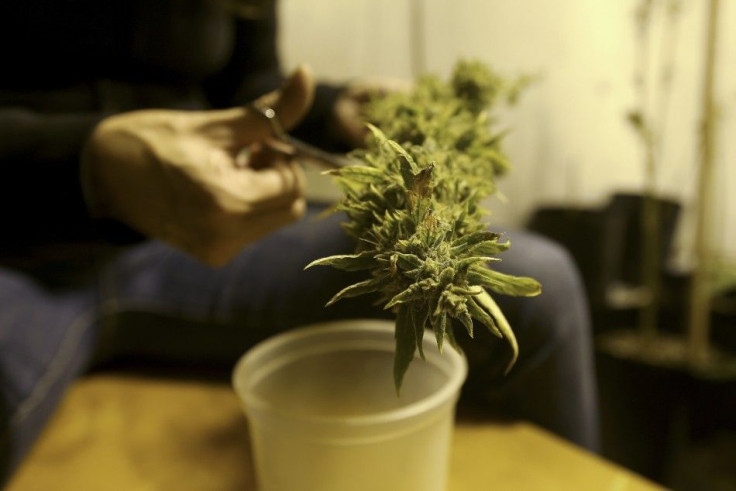Uruguay Holds Its First Marijuana Fair

'Expo Cannabis', Uruguay's first marijuana fair, was held in Montevideo on Dec 14 to 15, a year after the Uruguay government approved the bill that legalizes, regulates and taxes the drug. Various events which includes symposiums with local and foreign experts, film showing, workshops and product sales were conducted.
The exposition endeavours to demystify and de-stigmatise cannabis by informing the public about its medicinal and industrial uses. The harmful effects of using it was also discussed. One of the event organizers, director Mercedes Ponce de Leon, said the fair is a venue of exchange for state players, social organisations, research centres, private players and the public.
Uruguay is the first South American country and the first in the world to authorize marijuana production and consumption. Uruguayan citizens who would like to grow cannabis can apply for a producer's license. The law only allows six cannabis plants to be grown annually for medical use and sale to adults. Cannabis advocates also encourage setting up associations for collective and guided propagation of the hemp.
In recent years, deliberations and drug policy reforms on cannabis legalization gained progressive development worldwide. According to Hemp News, the West Africa Commission on Drugs, initiated by former United Nations Secretary General Kofi Annan and chaired by former Nigerian President Olusegun Obasango, called for drug decriminalization and for treating drug use as a health issue in June this year. In the Caribbean, heads of state have agreed to create a commission to assess implementation of marijuana laws in the region before they could make necessary reforms. The issue on medical marijuana is a current debate in Jamaica, Costa Rica, Colombia and Chile. In the U.S., Alaska and Oregon, have also empowered citizenry proposal of the legislation to regulate marijuana. Washington and Colorado have approved ballot initiatives as well earlier. Washington DC residents voted 70 percent in favour of legalizing marijuana possession and propagation with some restrictions.
Uruguay's legalization of pot faced international repercussions as well as soon as the bill was signed into law. The President of the International Narcotics Control Board, Raymond Yans, said Dec 12 Uruguay lawmakers "knowingly decided to break the universally agreed and internationally endorsed legal provisions" contained in the 1961 Single Convention on Narcotic Drugs. The United Nations does not have enforcement power against the legalization measures being pursued by different countries but critics say that non-compliance of anti-drug treaties should not be ignored.
Hannah Hetzer, program coordinator of the New York-based Drug Policy Alliance, said "We are witnessing a clear departure from the hard-line prohibitionist global framework the U.S. has being pushing for so long. It marks a new period of relative openness to debate and alternative ideas."




















